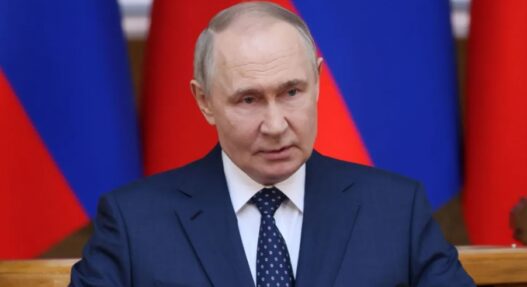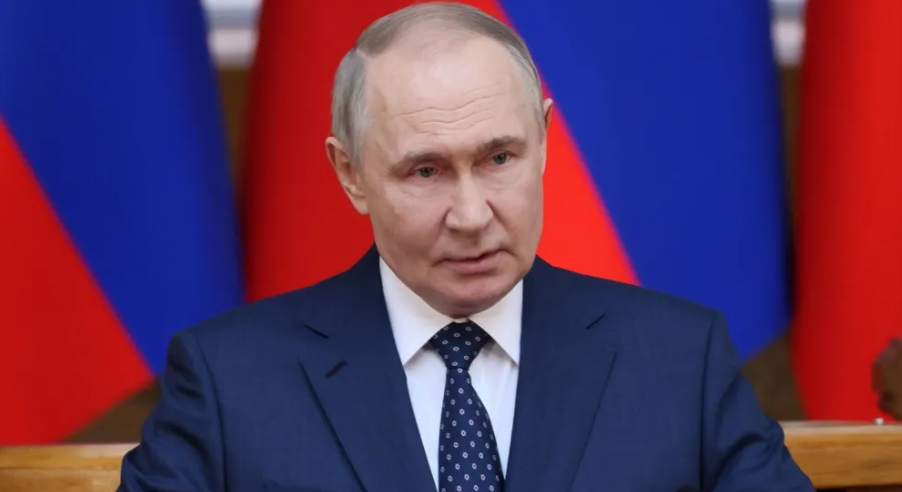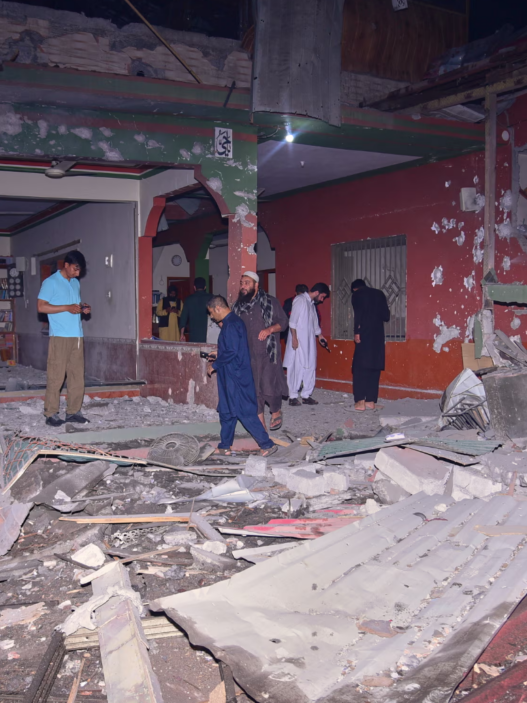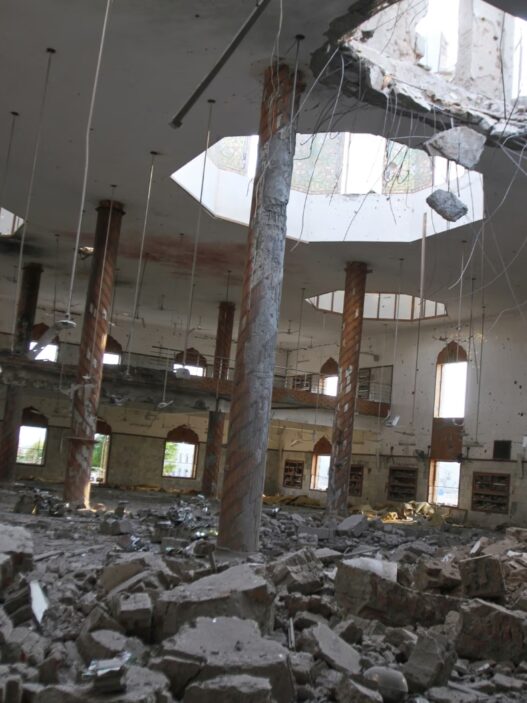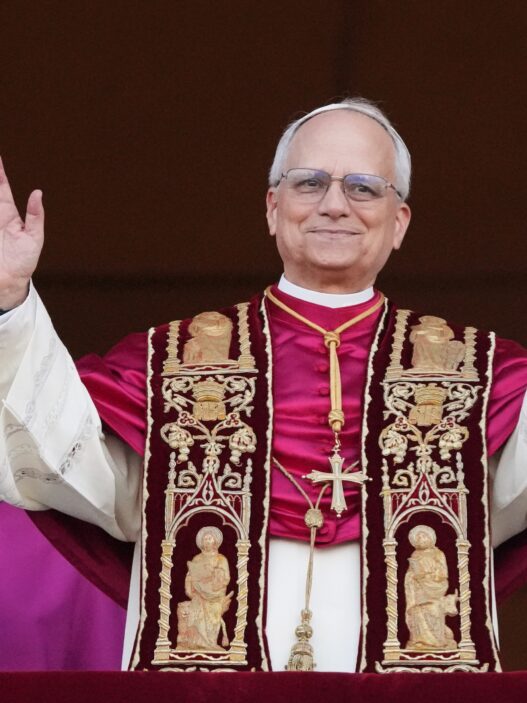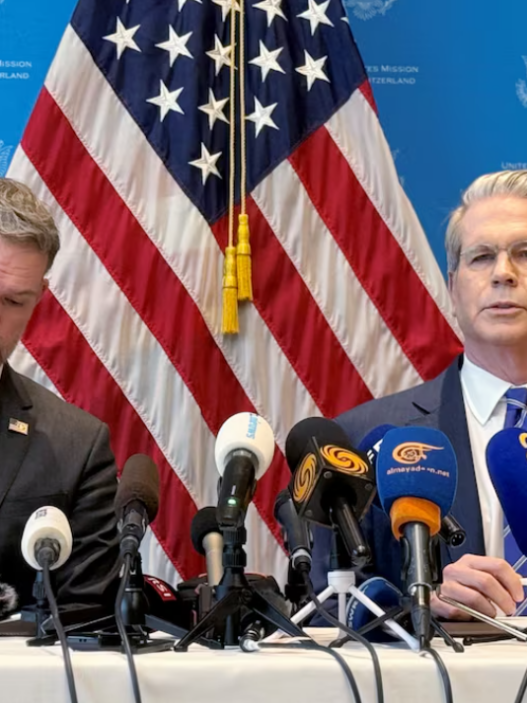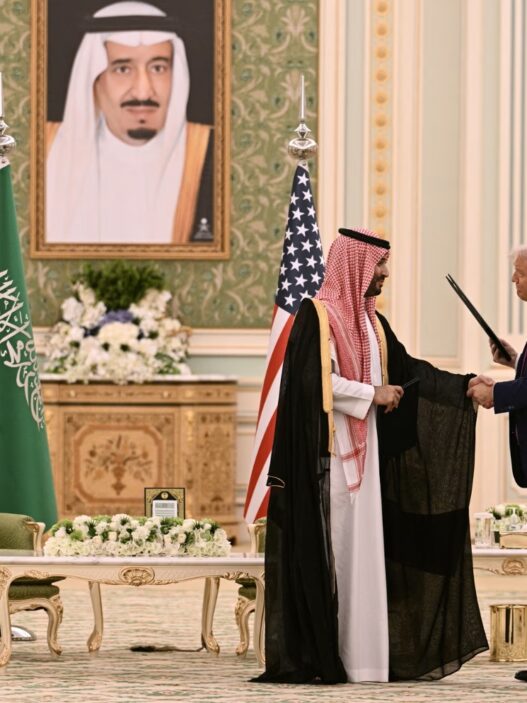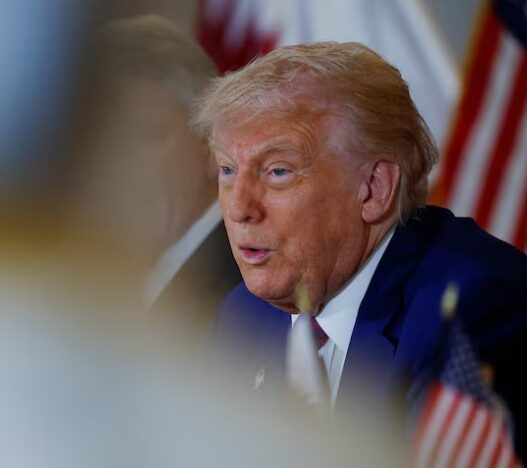Russian President Vladimir Putin has declared a temporary halt to military actions in Ukraine. According to the Kremlin, the ceasefire will take effect on the morning of May 8 and last until May 11. These dates align with national celebrations marking the end of World War II, known as Victory Day in Russia.
Ukraine Pushes for Longer Ceasefire
Ukrainian Foreign Minister Andriy Sybiha responded by calling for an immediate ceasefire. He suggested that it should last at least 30 days. “If Russia truly wants peace,” Sybiha wrote on X (formerly Twitter), “there’s no reason to wait until May 8.”
He emphasized that a truce could begin on any day. “If it lasts 30 days, it’s a real march for peace—not just a symbolic one,” he said. Ukraine has long proposed a longer and more stable ceasefire, and Sybiha reiterated that this idea is not new.
White House Frustrated by Lack of Progress
The White House confirmed that U.S. President Donald Trump has been actively trying to mediate a ceasefire. Press Secretary Karoline Leavitt expressed Trump’s growing disappointment with both sides.
“He wants to see a permanent end to the fighting,” she stated. “A temporary truce is not enough. The president made it clear that the killing must stop, and so must the bloodshed.”
She added that this week is considered “critical” by the U.S. government for potential peace negotiations. If there’s no visible progress, Washington might consider stepping away from its mediating role.
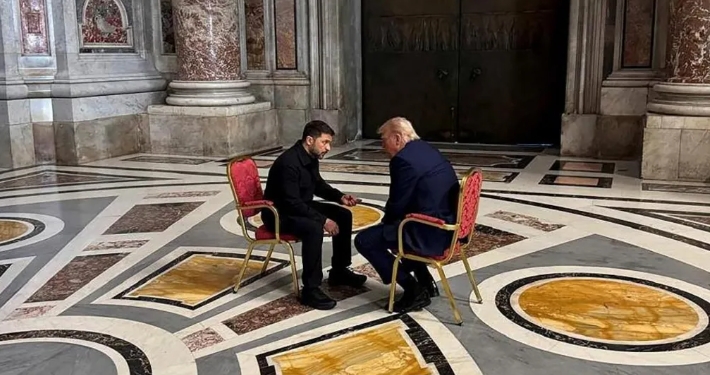
History of Failed Truces
This is not the first time both sides have discussed a ceasefire. During the Easter holidays, the Kremlin proposed a 30-hour truce. While reports suggested that fighting briefly subsided, both Ukraine and Russia accused each other of violating the agreement multiple times.
Ukraine has attempted more than 20 ceasefires since the conflict began. However, none have held for long. Some even collapsed just minutes after taking effect. The Easter truce also failed to bring meaningful calm, with both parties blaming each other for breaches.
Russia’s Statement: A Humanitarian Move With Conditions
On Monday, the Kremlin released a statement citing “humanitarian reasons” behind the latest ceasefire. It urged Ukraine to mirror this gesture. But the message also included a warning. If Ukraine were to break the agreement, Russia’s military would respond “fully and effectively.”
The statement also repeated Russia’s readiness to participate in “unconditional peace talks.” Putin’s government claims it wants to address the root causes of the conflict and engage constructively with international partners.
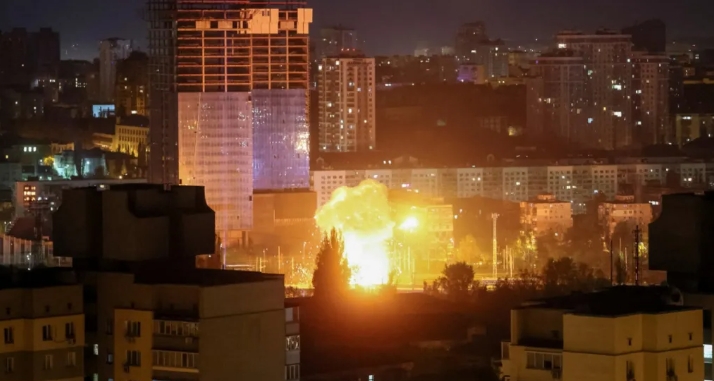
Putin’s Diplomatic Strategy
Analysts believe Putin’s move is strategic. He wants to present Russia as serious about peace, especially to the U.S. leadership. Since Ukraine has accepted Washington’s proposal for a 30-day ceasefire, Putin may be trying to reshape perceptions in Washington, D.C..
Previously, Trump voiced dissatisfaction with Russia’s continuing attacks. If there’s no sign of genuine progress, the U.S. may choose to step away from facilitating negotiations.
War’s Ongoing Toll
The war began on February 24, 2022, when Russia launched a full-scale invasion of Ukraine. Since then, the conflict has caused tremendous suffering. It is estimated that hundreds of thousands of people have been killed or wounded. Most of the casualties are soldiers from both sides.
As of now, Russia controls about 20% of Ukraine’s territory. That includes the Crimea Peninsula, which Russia annexed in 2014.







